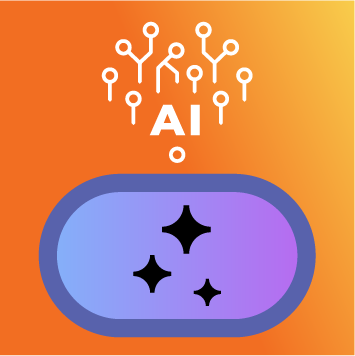Revolutionizing Education Through Technology
Artificial Intelligence (AI) has been a transformative force across various sectors, and its impact on eLearning is undeniably profound. AI-driven content is revolutionizing learning and development by enhancing engagement, accessibility, and personalization, thereby creating a more effective educational environment. This article explores the various facets of AI-driven content, including virtual reality, language translation, upskilling, onboarding, and ethical guidelines.
Virtual Reality in eLearning
Virtual Reality (VR) has emerged as a powerful tool in eLearning, offering immersive experiences that simulate real-world scenarios. By incorporating VR, training programs can provide learners with hands-on practice in a safe, controlled environment. This technology is particularly beneficial for complex subjects such as medical training, engineering, and even soft skills like public speaking and teamwork. The interactive nature of VR fosters deeper understanding and retention, making learning more engaging and effective.
Language Translation and Localization
Language barriers can significantly hinder the accessibility and effectiveness of eLearning programs. AI-driven language translation and localization tools are breaking down these barriers, enabling learners worldwide to access content in their native languages. Advanced algorithms and neural networks power these tools, ensuring accurate and contextually appropriate translations. This inclusivity broadens the reach of educational content and enriches the learning experience by catering to diverse linguistic and cultural backgrounds.
Upskilling and Reskilling
The rapid pace of technological advancements necessitates continuous upskilling and reskilling of the workforce. AI-driven content can identify skill gaps and personalize learning pathways to address these gaps effectively. AI systems create tailored training programs that focus on individual needs by analyzing data on learner performance and preferences. This approach ensures employees acquire relevant skills and knowledge, keeping them competitive in an ever-evolving job market.
Onboarding and Training
Effective onboarding is crucial for new employees to acclimate to their roles and organizational culture. AI-driven onboarding programs streamline this process by providing personalized learning experiences that cater to each employee’s unique needs. Interactive modules, virtual mentors, and real-time feedback are features that enhance the onboarding experience. By leveraging AI, organizations can ensure that new hires are well-prepared and integrated smoothly into their teams.
Ethical Guidelines in AI-Driven eLearning
Integrating AI in eLearning raises important ethical considerations that must be addressed to ensure responsible use of technology. Privacy and data security are paramount, as AI systems rely on extensive data collection and analysis. Implementing strong measures to protect learner data and maintain confidentiality is essential. Additionally, transparency in AI algorithms and decision-making processes is crucial to avoid biases and ensure fairness. Developers and educators must adhere to ethical guidelines prioritizing learners’ well-being and rights.
Conclusion
AI-driven content is reshaping the eLearning landscape, offering unprecedented opportunities for enhanced learning and development. Virtual reality, language translation, upskilling, and onboarding are examples of how AI makes education more accessible, personalized, and engaging. However, the ethical implications of AI integration must be carefully considered to safeguard learner rights and promote responsible use of technology. As AI continues to evolve, its potential to revolutionize eLearning remains limitless, paving the way for a future where education is truly transformative.


